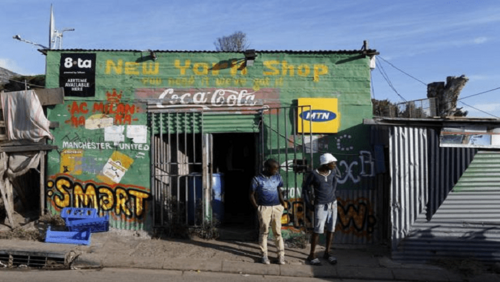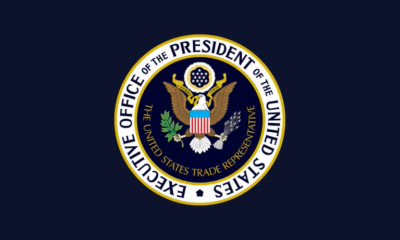411
South Africa’s New R500 Million Spaza Shop Fund Faces Scrutiny Over Transparency and Impact

The South African government’s latest R500 million initiative to uplift spaza shop owners has sparked both optimism and concern among township traders and industry stakeholders.
Launched in early April 2025 by the Departments of Small Business Development and Trade, Industry and Competition, the Spaza Shop Support Fund (SSSF) promises financial support, training, and infrastructure improvements for South African-owned spaza shops operating in townships and rural areas.
But while the fund is being hailed as a possible game-changer for the informal economy, its success hinges on one thing: transparency and proper management.
Spaza Shops: A R197 Billion Cornerstone
Spaza shops are a vital lifeline in South Africa’s informal economy, worth an estimated R197 billion. These small-scale traders provide affordable goods to underserved communities while supporting millions of livelihoods.
Despite their value, they face stiff competition from major JSE-listed retailers like Shoprite. The SSSF aims to level the playing field by injecting much-needed resources into these township businesses.
According to Small Business Development Minister Stella Ndabeni-Abrahams, the fund will assist spaza shop owners in refurbishing their businesses, adopting digital payment tools, and undergoing skills training.
The package includes up to R300,000 per shop, delivered through a mix of grants and low-interest loans. However, much of the funding will be disbursed in the form of stock, not cash—an attempt to curb corruption and fund misuse.
Accountability Still a Major Concern
Although the intentions behind the fund are commendable, not everyone is convinced the rollout will be clean.
Kgothatso Ramautswa, president of the South African Spaza Shops Association, voiced cautious optimism, telling Daily Maverick that while the initiative “has the potential to make a significant difference,” the real test lies in managing and safeguarding the funds.
Past scandals involving COVID-19 relief funds have left many wary of government-administered aid programs.
To address these concerns, Minister Ndabeni-Abrahams revealed new measures, including:
-
No direct cash transfers to most recipients
-
Stock capped at R40,000 per recipient, redeemable at select wholesalers
-
POS systems to monitor inventory and sales
-
Ward-level stakeholder oversight from municipalities and township associations
-
An integrated monitoring system to track whether funded businesses are operational
These mechanisms are meant to build accountability into every step of the fund’s rollout. But critics argue that execution, not design, will determine whether this fund succeeds or becomes another missed opportunity.
Scams Already Circulating
The Department of Small Business Development has also issued warnings to shop owners about scammers posing as officials who promise help with applications in exchange for payment.
“No official from the department is allowed to charge fees to process support fund applications,” the department clarified, urging entrepreneurs to remain vigilant.
Can the Fund Deliver?
According to Minister Parks Tau, who also spoke at the launch, supporting the informal sector is central to South Africa’s economic inclusion strategy. The fund is part of a broader push to formalize and modernize spaza shops, providing employment, dignity, and stability in the township economy.
Still, without solid monitoring and enforcement, this promising initiative could falter like many before it.
As rollout begins, all eyes will be on the Small Enterprise Development Finance Agency (SEDFA) and National Empowerment Fund (NEF)—the two entities tasked with managing the fund.
South Africans are hopeful. But with R500 million on the table, accountability will be key to making that hope a reality.
{Source: BusinessTech}
Follow Joburg ETC on Facebook, Twitter , TikTok and Instagram
For more News in Johannesburg, visit joburgetc.com



























